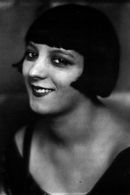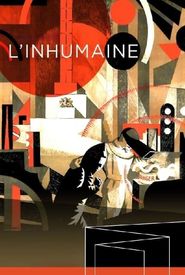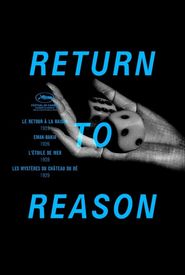Born in the year 1901 to a family shrouded in secrecy, Alice Prin, an illegitimate child, was thrust into a life of poverty from a tender age. Raised by her grandmother, she was dealt a difficult hand, with the weight of her circumstances evident in every aspect of her early years. At the tender age of twelve, a significant turning point in her life, she was sent away by train to live with her mother, a linotypist, in the city of Paris. This decision was likely made with the intention of contributing to the family's income, as financial struggles were a constant companion to her family's existence. By the time she reached the age of fourteen, she had already begun to forge a new path for herself, albeit one that would ultimately lead to a rift with her mother and, ultimately, her disownment.
Kiki, a teenager with unwavering resolve, was resolute in her pursuit of a livelihood solely derived from posing for artists, thus earning herself a reputation as a local celebrity, embodying the essence of Montparnasse's quarter's defiant rejection of societal norms and its unyielding embrace of nonconformity. As her fame continued to flourish, she evolved into a muse for numerous artists, including the renowned American visual artist Man Ray, whom she encountered in the autumn of 1921 and subsequently entered into an eight-year tumultuous relationship.
From 1920 to 1929, Adèle Prin had the extraordinary privilege of residing in the studio of the illustrious artist Man Ray, situated on the esteemed rue Campagne-Première, where she became the focal point of some of his most iconic and celebrated photographs. As the subject of his artistic endeavors, her status as muse reached unprecedented heights, solidifying her position as an integral component of his creative process.
By the year 1929, Prin had achieved unparalleled success, earning the prestigious title of Queen of Montparnasse at the remarkably young age of twenty-eight. Despite her local fame and recognition, she continued to lead a precarious and uncertain existence, relying on the generosity and kindness of strangers to sustain herself, perpetuating a delicate balance between her artistic pursuits and her personal struggles.
Prin's remarkable resilience and optimism were hallmarks of her life, as she once astutely remarked, "all I need is an onion, a bit of bread, and a bottle of red wine; and I will always find somebody to offer me that," a testament to her innate ability to find joy in the simplest of things.





















